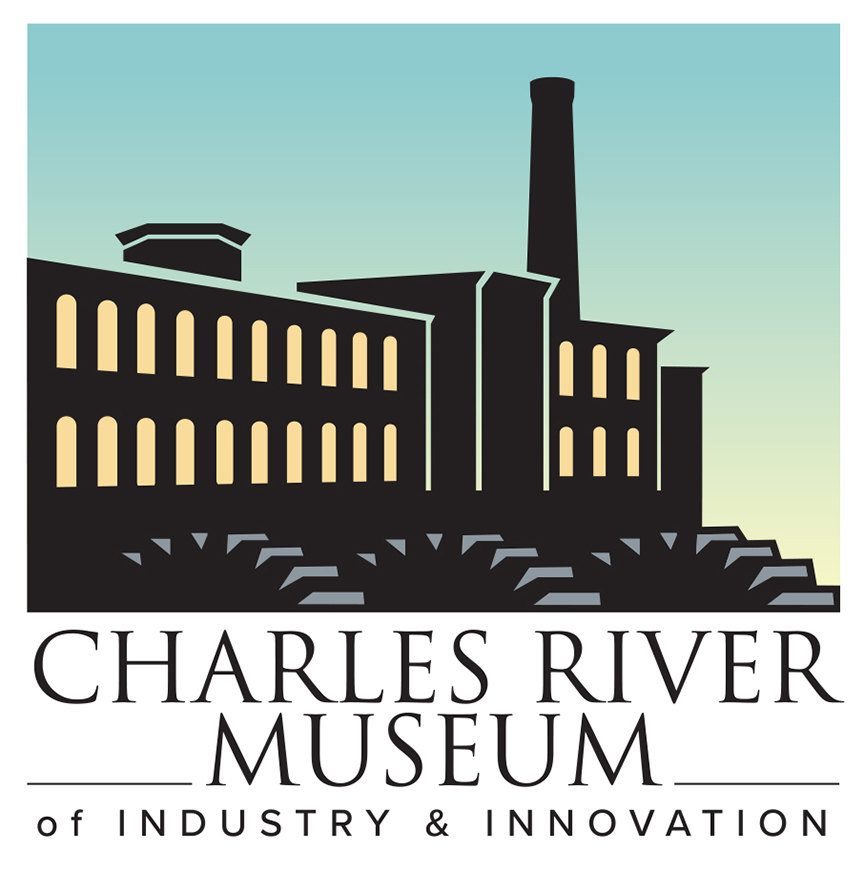
Lowell Lecture
Mill Talk: Making It in America - The Past, Present, and Future of New England Manufacturing
Date & Time
Oct. 9, 2024 at 7 p.m. - 8 p.m.
Location
Charles River Museum of Industry and Innovation
Located in the Historic Francis Cabot Lowell Mill
Park in the Embassy Theatre Lot — GPS "42 Cooper Street, Waltham"
154 Moody Street Waltham, MA 02453
Driving Directions
Speaker(s)
Rachel Slade spent a decade in the city magazine trenches at Boston magazine—first as the design editor, ultimately as executive editor. In 2015, she helped steer Boston to a top national award from the City and Regional Magazine Association.
Her two-part story about Boston’s secretive planning and development agency won national awards and laid the groundwork for Mayor Michelle Wu’s sweeping reforms to the city's planning processes.
In 2016, Yankee magazine ran Slade’s long-form narrative about the sinking of the container ship El Faro. A CRMA finalist for reporting, the story led to the national bestselling book, Into the Raging Sea.
Into the Raging Sea earned starred reviews from Kirkus and Publishers Weekly; the Maine Literary Award for nonfiction; the Massachusetts Honor Book Award; and the Mountbatten Award for Best Book from the Maritime Foundation UK. It was a NYT Notable Book, an NYT editors’ pick, an Amazon editors’ pick for Best History, and among NPR’s Best Books, Paste magazine’s best books, Longread’s best books, Inc. Magazine’s 7 Best Business Books, the Maine Edge’s favorite books, and Book Scrolling best history books.
In 2021, Into the Raging Sea was adapted for a Harvard Business School case study. In 2023, Down East magazine named Slade’s book one of its top 25 “New Maine Classics.”
Slade’s second book, Making It in America: The Almost Impossible Quest to Manufacture in the USA (and How It Got That Way), Pantheon/Penguin Random House, came out 1/9/24.
Slade’s editing and writing have won national awards in civic journalism, reporting, criticism, and reader service.
She earned her BA in political science from Barnard College and a Master of Architecture from the University of Pennsylvania. She splits her time between Brookline, Massachusetts, and Rockport, Maine.
Michelle Tolini Finamore, Ph.D., is a fashion and design historian, curator, and author. She has curated numerous exhibitions, including the recent Fashioning America: Grit to Glamour, as well as the groundbreaking Gender Bending Fashion, #techstyle, Hollywood Glamour: Fashion and Jewelry from the Silver Screen, and Think Pink at the Museum of Fine Arts, Boston.
She has written numerous articles for both the scholarly and popular press on topics as varied as American fashion, menswear, contemporary fashion, sustainability, studio jewelry, and food history. Her books include Hollywood Before Glamour: Fashion in American Silent Film, Fashioning America: Grit to Glamour, Gaetano Savini: The Man Who Was Brioni, and Jewelry by Artists: In the Studio, 1940-2000.
Michelle has taught courses on fashion/design/film history at Northeastern University, Rhode Island School of Design, Massachusetts College of Art, and the Fashion Institute of Technology. She has also interviewed fashion luminaries such as Hamish Bowles, Fern Mallis, Isaac Mizrahi, Liz Goldwyn, Hussein Chalayan, Diane Pernet, Viktoria Modesta, Virgil Ortiz, and Rodarte on stage.
Presenting Organization
Charles River Museum of Industry and Innovation
Topics
Contact
Bob Perry (director@charlesrivermuseum.org, 7812168723)
New England has a rich apparel and textile manufacturing history. The United States' industrial revolution started here, and many of the region's famous families made their first fortunes in textile, shoe, and apparel production. Over the past 40 years, much of that industry has vanished as companies have been forced to deal with ever-cheaper imports from abroad.
Now, a new group of entrepreneurs is reviving every aspect of this legacy. Why are they doing it? What does it take to breathe life into a dying industry? And will they succeed?
This far-reaching conversation with journalist Rachel Slade, author of Making It in America, and Michelle Finnamore, fashion historian, author, and curator, will explore New England's manufacturing legacy while exploring the ways new companies are revitalizing centuries-old industries.